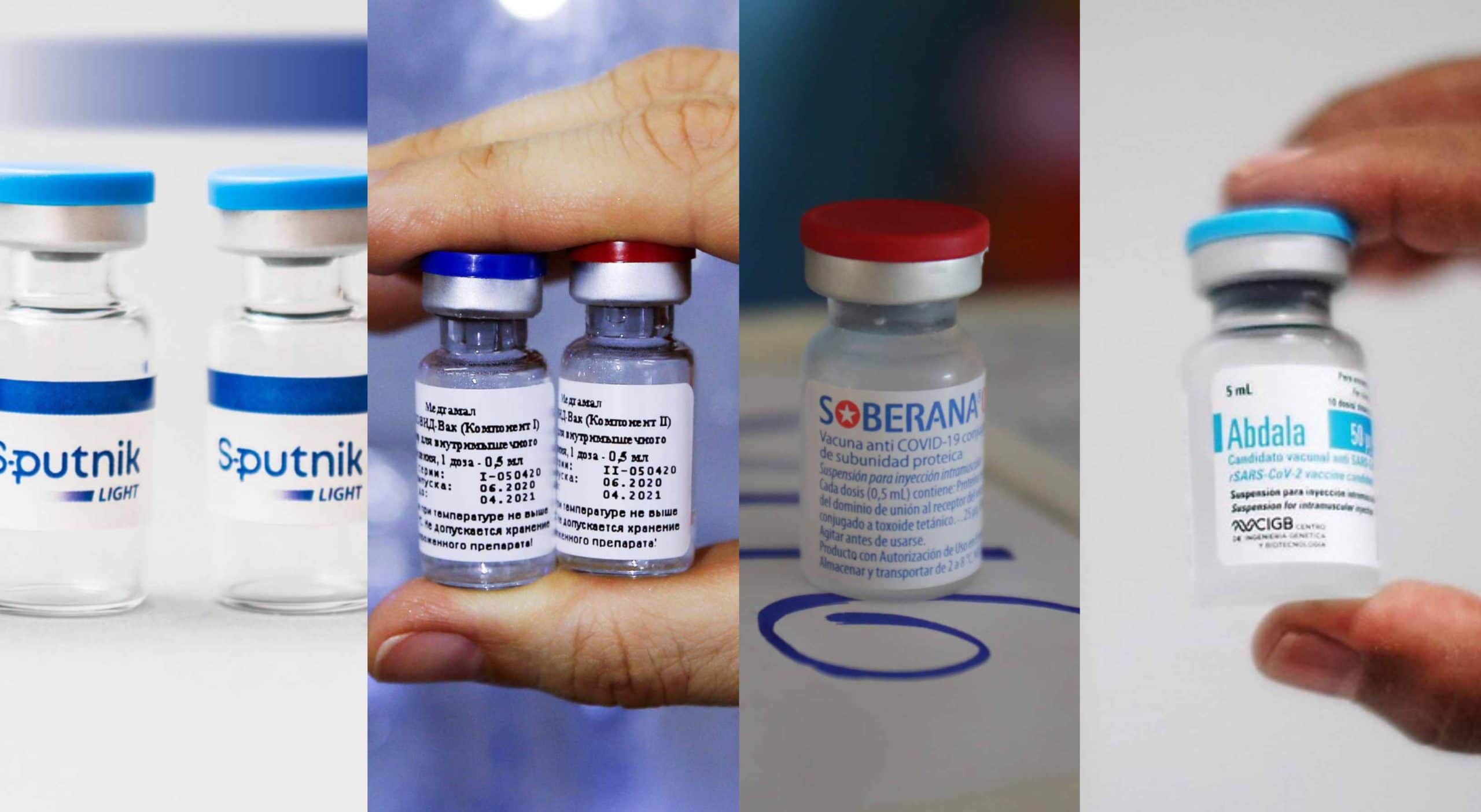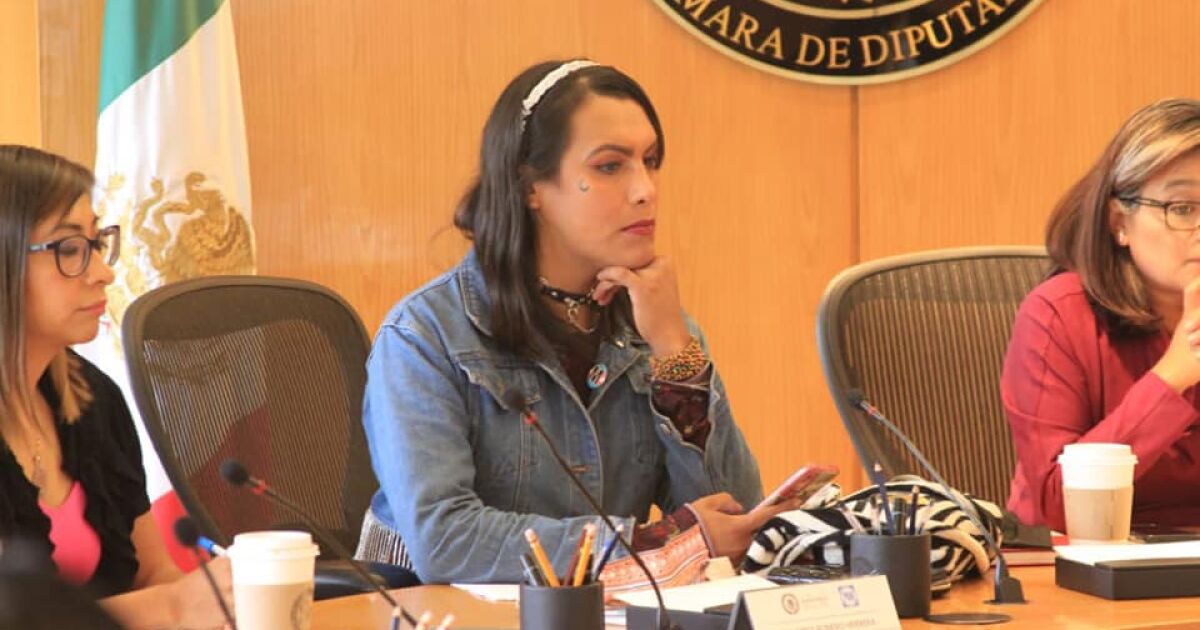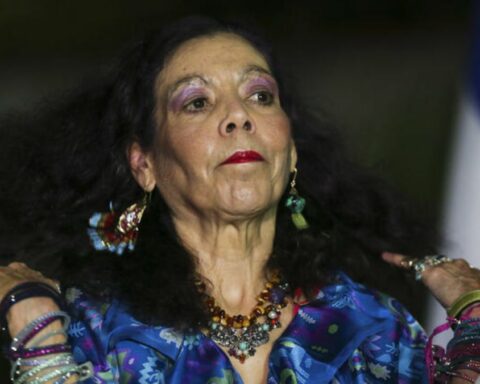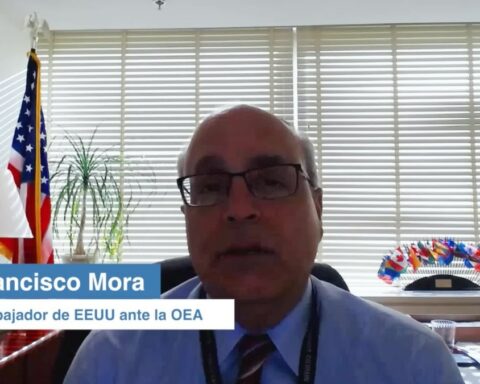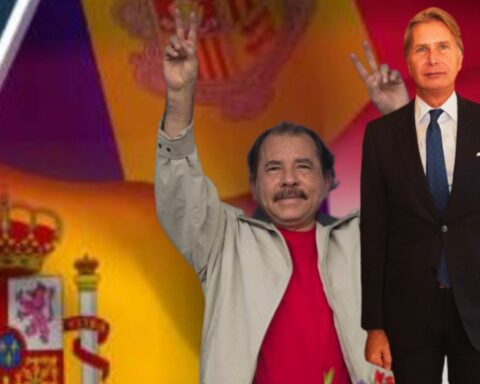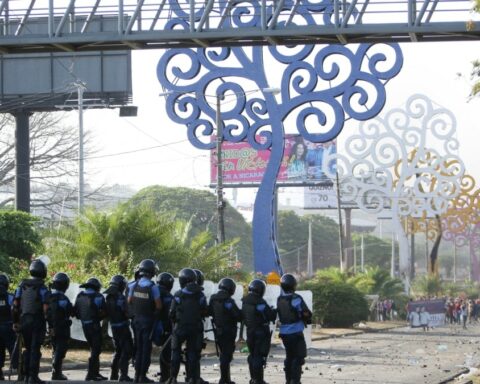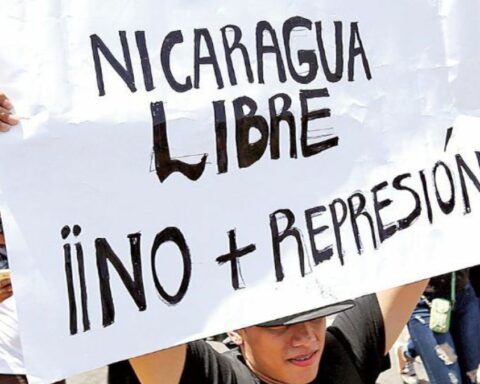The Daniel Ortega regime paid its political allies in Russia and Cuba more than 101.9 million dollars for the purchase of 11.2 million vaccines against covid-19, which are not yet authorized by the World Health Organization (WHO) and they cost up to 50% more than the AstraZeneca purchased through the Revolving Fund of the Pan American Health Organization (PAHO).
According to an official document of the national plan for coverage and acquisition of vaccines, presented by the Government to the World Bank – to access a loan of 116 million dollarsapproved on June 23, Russia sold its Sputnik vaccines at a cost of 5.5 dollars per unit and the Sputnik Light –which is the first component of Sputnik V– at 12.90 dollars.
In addition to the fact that both vaccines are more expensive compared to AstraZeneca, the price paid by the regimen to acquire Sputnik Light is higher than that indicated on the official website of this biological, which details a cost of less than ten dollars. Thus, the price paid for this Russian vaccine is $7.4 more compared to the $5.50 cost of AstraZeneca vaccines.
In total, the regime purchased 546,000 doses of Sputnik V for $5.4 million and 3,686,315 doses of Sputnik Light for $47.5 million, totaling $52.9 million delivered to Russia. The amount is equivalent to 56% more than what would have been paid for the same number of doses of AstraZeneca, which is another vaccine bought by the regime and that is approved by international health organizations.
As for the Cuban Soberana 02 and Abdalá vaccines, the regime acquired a total of seven million doses at a unit cost of seven dollars. The official document does not detail the final amount paid by the regimen, but it would amount to 49 million dollars if the number of doses is multiplied by the cost of each unit.
Thus, the total amount paid to Russia and Cuba for their unapproved vaccines exceeds 101.9 million dollars, of the total of 108.8 million used to purchase vaccines. The other 6.89 million dollars correspond to the purchase of 1,252,800 doses from AstraZeneca, purchased at 5.5 dollars from the Revolving Fund.
These purchases, according to the reporting period, were made between February 2021 and January 2022.
In December 2021, the vice president and spokeswoman for the regime, Rosario Murillo, declared in official media that the regime had received 1,252,800 doses from AstraZeneca, corresponding to the first delivery of 50% of the purchase through the Revolving Fund of the PAHO/WHO, for an amount of 15.8 million dollars.
Government does not render clear accounts on vaccines
The Ortega regime has not accounted for why it preferred to buy vaccines that did not have emergency use approval from international organizations, despite the discomfort of the Nicaraguan population that suffered from a shortage of vaccines for much of 2021. Nor has it detailed if there were negotiations that were not achieved with other producers.
In February, CONFIDENTIAL revealed that with the first disbursement of 23.8 million dollars of the 100 million dollar loan approved by the Central American Bank for Economic Integration (CABEI) to Nicaragua, the regime paid for the AstraZeneca vaccines and a part of the Sputnik V.
The data revealed by the regime to the World Bank also details that in the period from February 2021 to January 2022, the regime has received a total of 7,338,000 doses donated by different countries and groups.
The vaccine acquisition plan details that until January 2022, Nicaragua has had 19.8 million doses of different types, including: Covishield, AstraZeneca, Sputnik V and Light, Soberana 02, Abdalá, Janssen, Pfizer and Sinopharm. 62.82% of these correspond to purchases and the remaining 37.1% to donations.
This number of doses (between purchases and donations) is higher than the record of reports from official media and official channels, of which CONFIDENTIAL keep a detailed count. In other words, there are purchases or donations that the Government has not reported to the population, including details of purchases from Russia and Cuba.
According to a count of CONFIDENTIAL, based on press releases published in the official media for more than a year, between February 23, 2021 and June 24, 2022, the country has received 16.3 million vaccines of nine types of vaccines. This is more than three million vaccines less, even though it includes donations from the last five months, including the donation of 657,540 Pfizer vaccines donated this June by the United States and another 200,000 COVIran vaccines from the Government from Iran.
CABEI donated 182,000 PCR tests, not just the 26,000 announced
The document with official data shared by the regime with the World Bank also details that the Minsa received 182,000 PCR tests for the diagnosis of covid-19 from CABEI, and not just the 26,000 that were publicly announced in April 2020. .
In Nicaragua, only a small part of the population has had access to “covid tests” because in hospitals and health centers, doctors have a limited number of people they can send to examine. According to the latest epidemiological bulletin from the Minsa, as of May 17, 2022, they had processed 196,380 PCR tests.
Unlike the rest of the region, where private laboratories were authorized to carry out these tests, in Nicaragua only the National Center for Diagnosis and Reference (CNDR) of the Minsa is authorized to carry them out at a cost of 150 dollars. The document does not detail how many have been made for travel reasons and it is not publicly known how much the Government has earned through the sale of evidence.
In the budget execution reports, the item “income received from the sale of goods and services” reflects an increase of 535% for “health services and permits”, which would be related to PCR tests.
According to official data, before the pandemic, 130.66 million córdobas entered the government coffers for this item, in 2020 the sum was 188.08 million córdobas, equivalent to an increase of 43.9%. However, in 2021, 1,193 million córdobas (more than 34 million dollars) were collected, which corresponds to six times more than the previous year.
For testing, Nicaragua has received several donations. PAHO also delivered test kits for coronavirus, according to the document. In addition, the Government of China-Taiwan donated medical supplies and equipment, including ten ventilators, rapid test kits and personal protective equipment.

